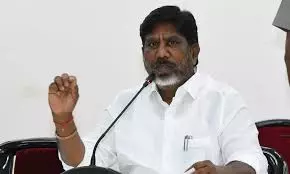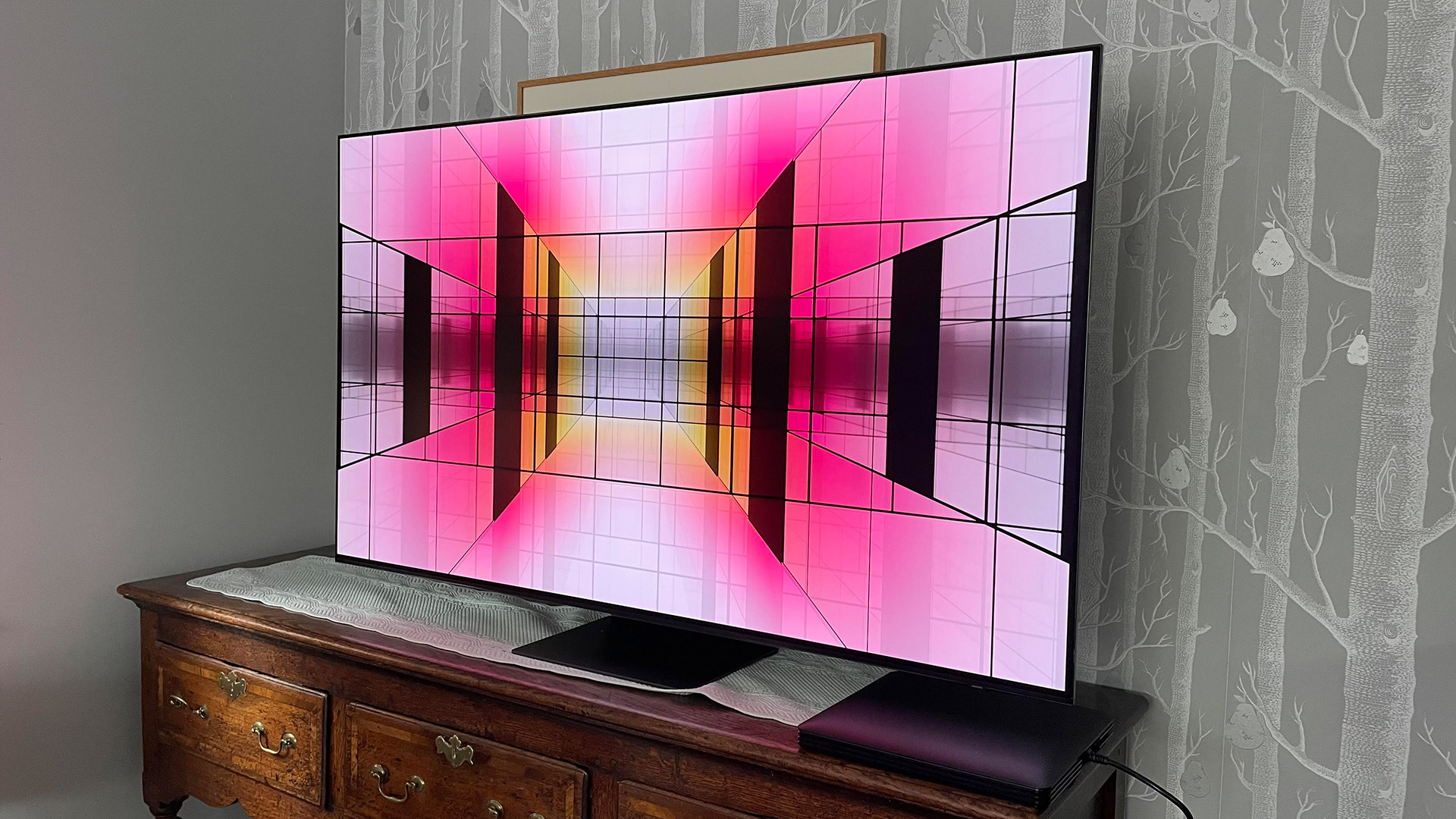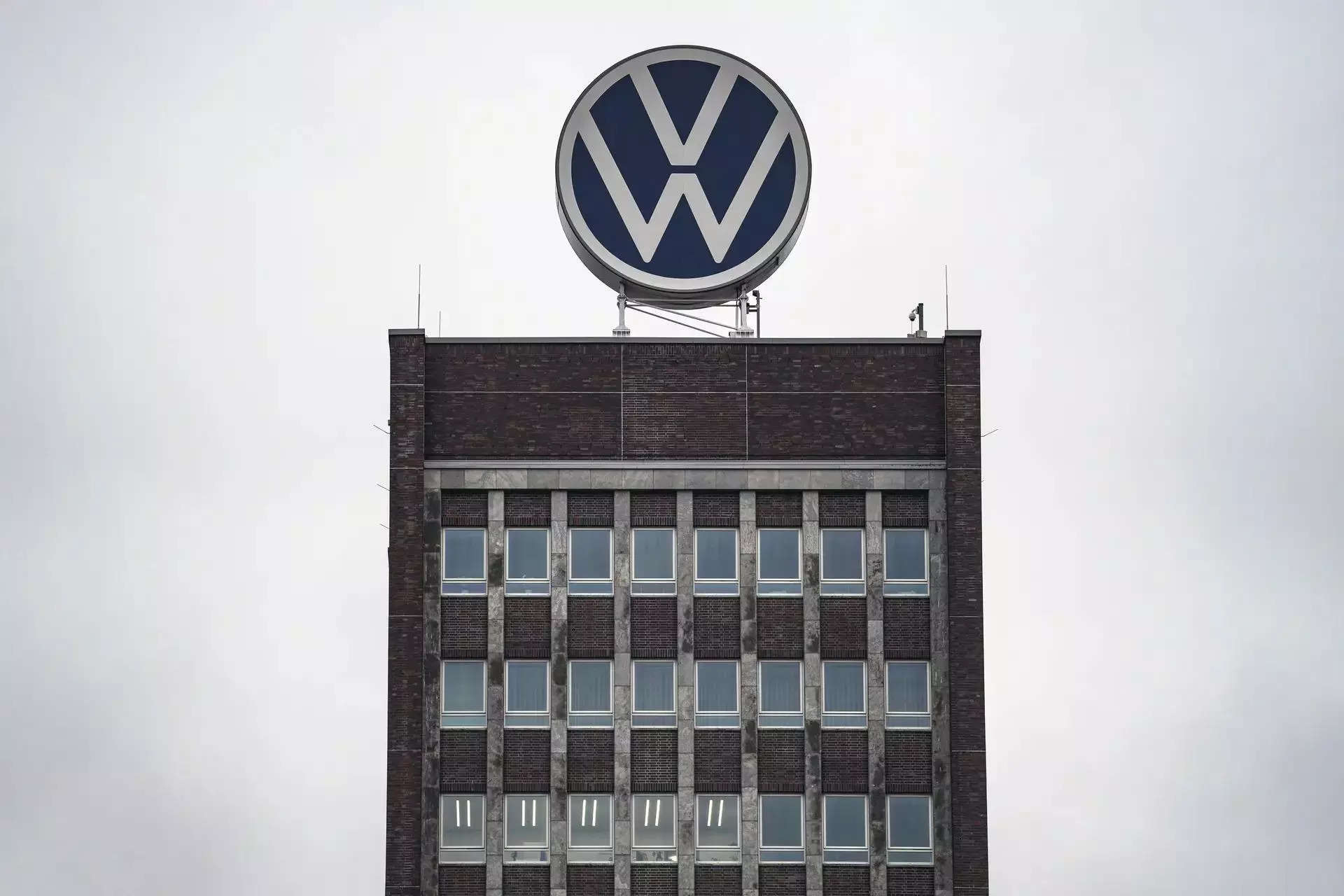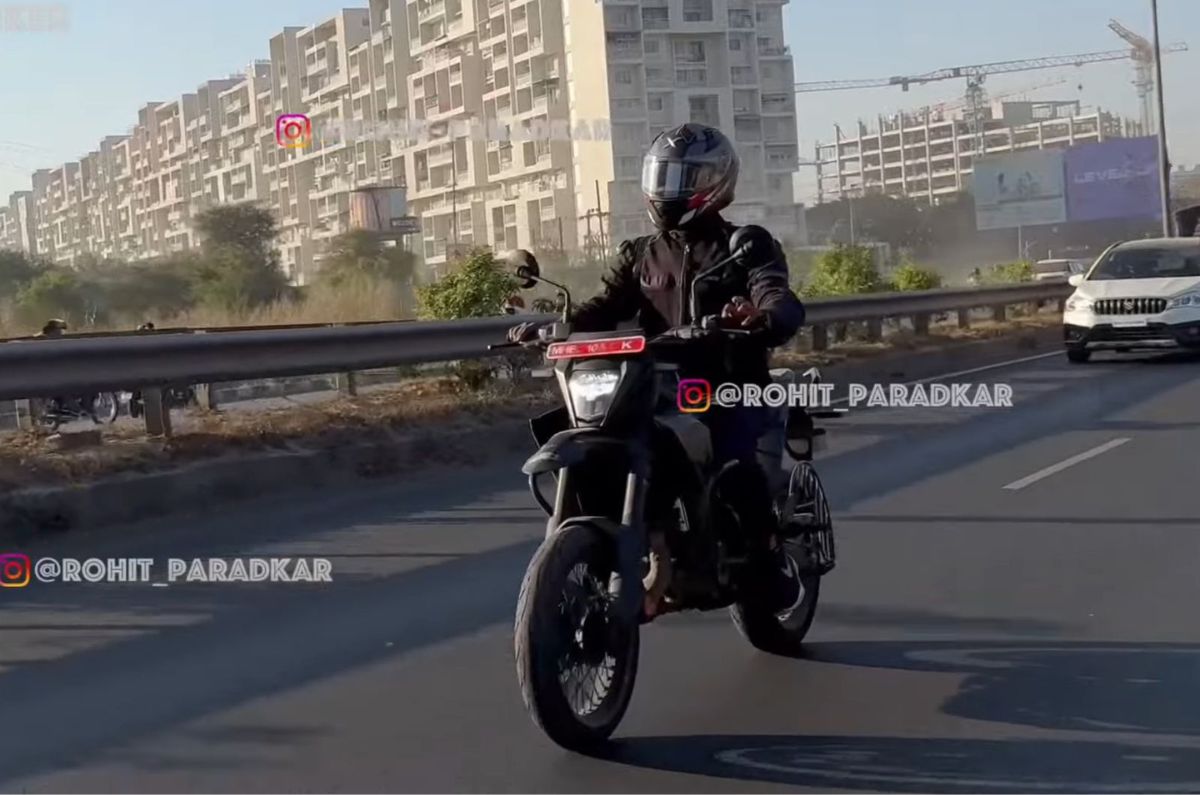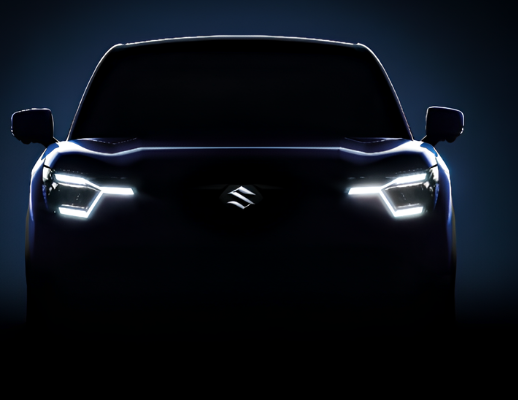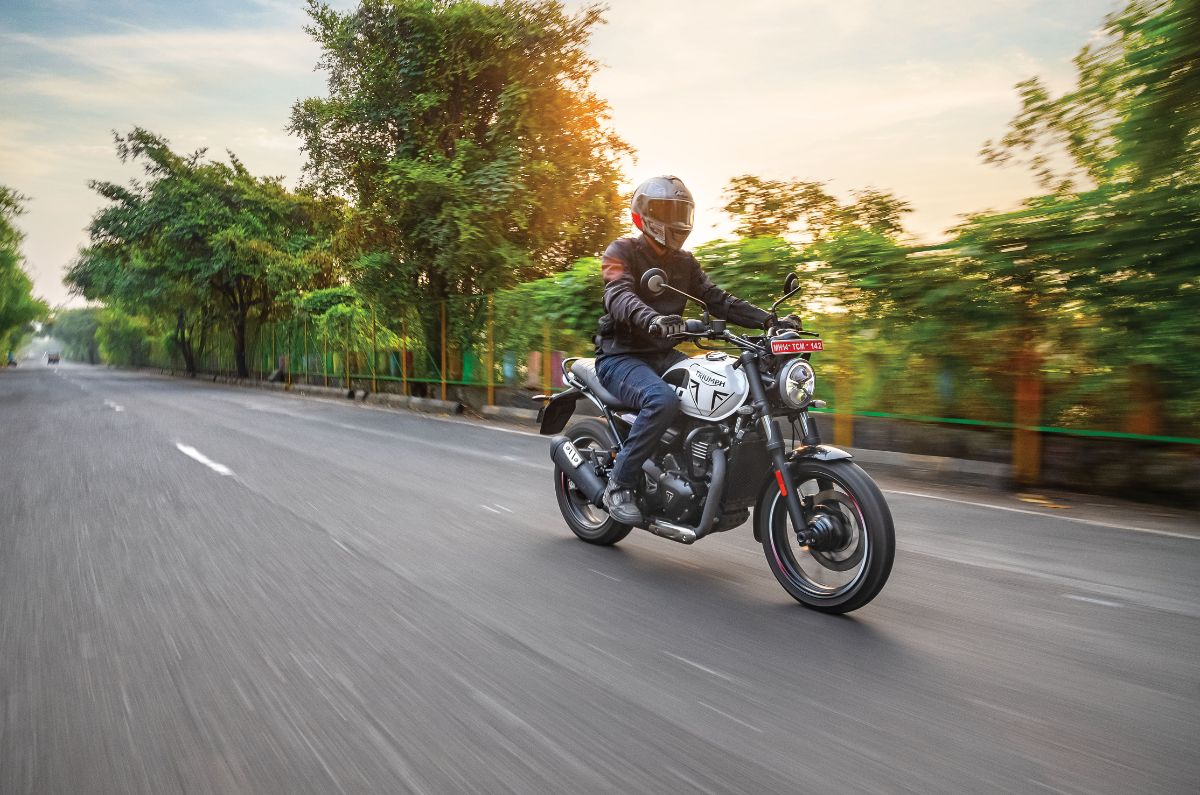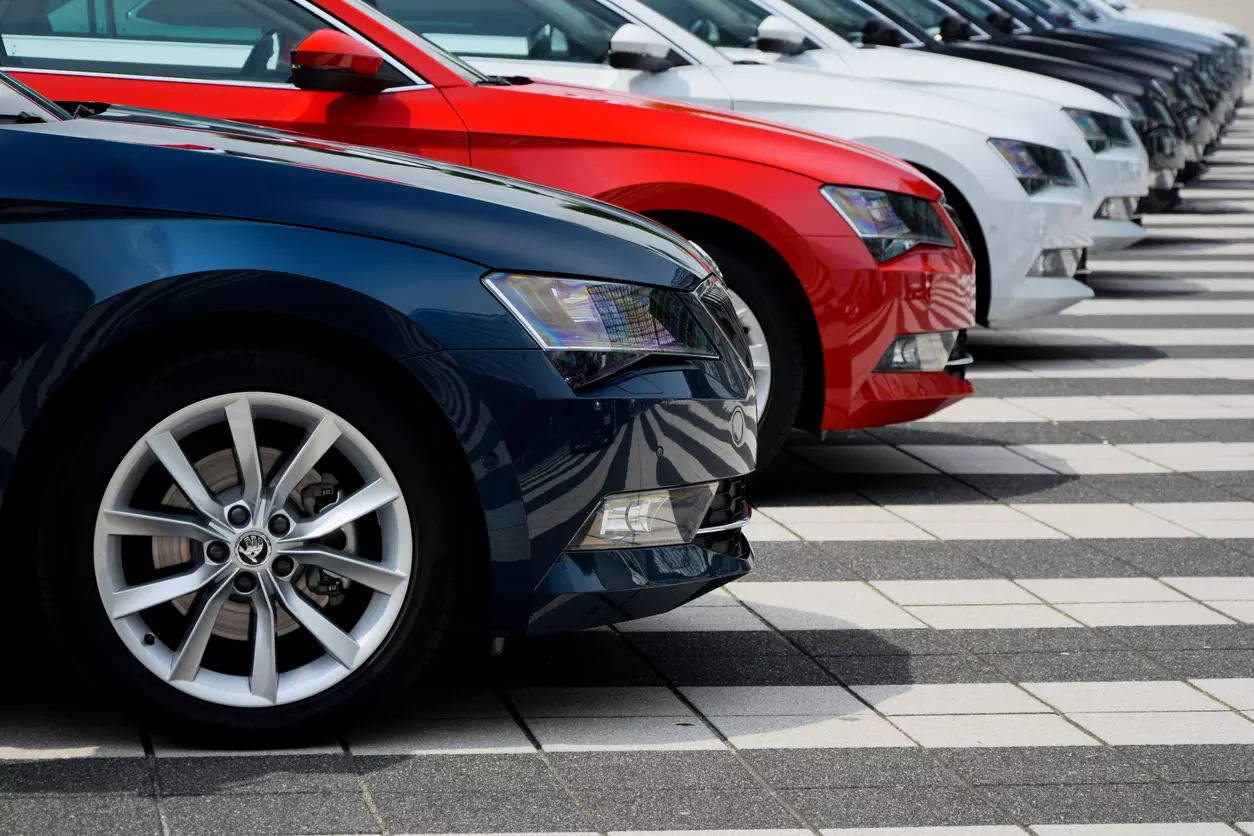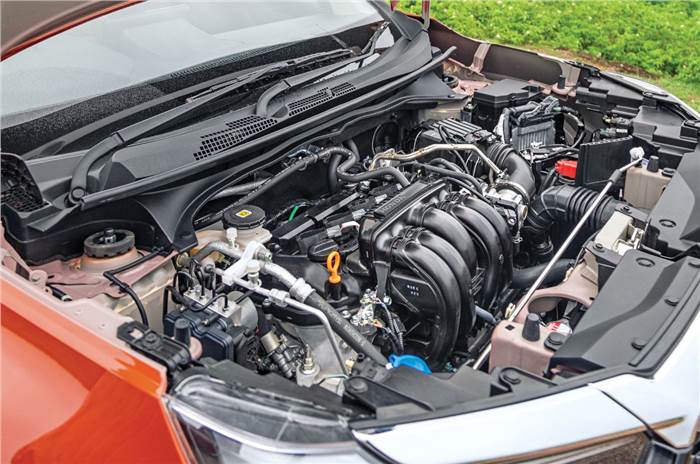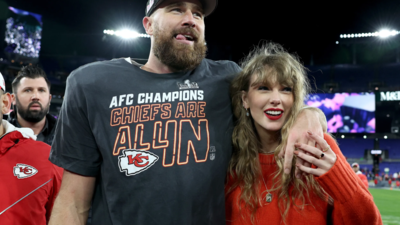Elon Musk unveiled Tesla’s autonomous robotaxi, now known as the Cybercab, at the Warner Bros. studio in Burbank, California on Thursday night. And tell me if you’ve heard this one before, but the billionaire Tesla CEO says it’s coming in two or three years.
The Cybercabs are two-seater vehicles with no steering wheel or pedals, and Musk billed them as “individualized mass transit.” Musk promised inductive charging, meaning the vehicle won’t need to be plugged in like a traditional electric car, but didn’t provide any details on how that would work.
Musk started the highly anticipated show by walking out of a Warner Bros. studio building into a Cybercab that drove him to the audience. It made for quite a splashy presentation, complete with the glitz and glitter of Hollywood, and Musk is nothing if not a showman. The only question is whether he can actually deliver something he’s been promising is just “two years away” every year for the past decade.

A concept video for the vehicle was playing behind the Tesla CEO as he was speaking on stage and he claimed “we expect the cost to be below $30,000,” to a large swell of cheers from the audience. But it wasn’t long after naming the price that he was interrupted by someone in the crowd who shouted out to ask when the Cybercabs were going to be available for purchase.
“We do expect actually to start fully autonomous, unsupervised FSD in Texas and California next year,” Musk said to even more cheers.
But then Musk finished his sentence, making it clear he was just talking about the existing Teslas on the road that would presumably get permission to operate without drivers.
“And that’s obviously… that’s with the Model 3 and Model Y. And then we expect to be in production with the Cybercab, which is really highly optimized for autonomous transport, in probably… well, I tend to be a little optimistic with time frames, but in 2026,” Musk said stammering with a laugh.
“So, yeah. Before 2027, let me put it that way. And we’ll make this vehicle in very high volume,” Musk claimed, to a much more subdued crowd response.
Amusingly, some of the graphics playing behind Musk still called the vehicle a “robotaxi,” and whoever’s running the X account for Tesla also didn’t get the memo that they’re called Cybercabs now, not robotaxis:
Robotaxi is premium point-to-point electric transport, accessible to everyone pic.twitter.com/oLykwaaTHm
— Tesla (@Tesla) October 11, 2024
Twenty of the Cybercabs were available for special guests to try out at Thursday night’s event in Burbank. Musk predicted that autonomous cars would become ten times safer than a human and a big selling point is the idea that people who buy Cybercabs would be able to rent them out when the owner isn’t using them like a driverless Uber.
Notably, Musk didn’t say that Tesla was pursuing the regulatory approvals needed for any of the things he was mentioning. And as we’ve seen with other companies, that’s a huge hurdle.
Musk also showed off a robovan, with a sleek futuristic style, but didn’t give any indication when that might be a reality. “We’re going to make this. And it’s going to look like that,” Musk insisted, with a tone betraying the fact that he perhaps didn’t even believe it himself.
Robovan details pic.twitter.com/Pdito0dfRq
— Tesla (@Tesla) October 11, 2024
The billionaire CEO also showed off the Optimus robot, which he says will mow your lawn, get your groceries and watch your kids. Musk said he thought Optimus would be “the biggest product ever of any kind.”
Musk claimed the robot would cost “$20-30,000 long-term,” but didn’t give details we hadn’t heard before. Many experts are skeptical that Musk could meet that price point if he gets Optimus into mass production.
But the robots were on hand during the event, supposedly mixing drinks for guests, though it’s not clear how “autonomous” the robots were in reality. Musk has tried that sleight-of-hand before, with a human operator controlling things just out of frame.
Optimus is your personal R2D2 / C3PO, but better
It will also transform physical labor in industrial settings pic.twitter.com/iCET3a9pd8
— Tesla (@Tesla) October 11, 2024
The event was titled “We, Robot” and livestreamed on YouTube, but it’s likely to be a huge disappointment to many people who were probably hopeful that Musk would promise something that was actually coming soon.
CNBC’s Squawk on the Street asked a bullish analyst on Thursday morning whether we’d get any info on cost per mile, scaling the cybercab, a ridesharing app, or insurance costs. We didn’t hear anything even approximating those kinds of details on Thursday.
Companies are already doing driverless taxis out in the real world. Alphabet’s Waymo is operating in markets like Los Angeles and San Francisco. GM’s Cruise operates in Phoenix, Dallas, and Houston and recently announced the company will be launching a partnership with Uber in 2025. Cruise temporarily suspended operations in California after an incident in October 2023 where a self-driving vehicle hit and dragged a pedestrian who was jaywalking in San Francisco, but resumed in three cities in June 2024.
The big difference between the existing technology of Waymo and Cruise compared to Tesla is that Musk’s company isn’t using Lidar technology. And many experts think that’s a mistake.
Musk has become a lightning rod of controversy over recent years, buying Twitter in 2022 and turning it into a hotbed of far-right extremism and conspiracy theories. Musk also came out as a Republican in 2022, coincidentally just a day before an unflattering story alleging he offered to buy a flight attendant a horse in exchange for sexual favors, according to Business Insider. The billionaire denied that story.
The American oligarch has fully embraced Trumpism, despite previously calling the former president too old to run again, and has even started a Political Action Committee that’s trying to get the neo-fascist former president back into the White House. But Trump may not be the good friend in business that Musk is hoping for, if Trump’s own words can be believed.
Trump gave a speech in Detroit on Thursday where he rambled about a number of topics, even touching on autonomous vehicles, which he doesn’t like.
“Chinese and other countries produced automobile and autonomous vehicles,” Trump said. “Do you like autonomous? Does anybody like an autonomous vehicle? You know what that is, right? When you see a car driving along. Some people do, I don’t know. A little concerning to me, but the autonomous vehicles, we’re going to stop from operating on American roads.”
TRUMP: “Other countries produced auto-mo–bile and autonomous vehicles. Do you like autonomous? Does anybody like an autonomous vehicle? You know what that is, right?”
CROWD: *one person claps* pic.twitter.com/68y8nP5sIl
—Aaron Rupar (@atrupar) October 10, 2024
But, who knows if Musk can even deliver on the things he promised on Thursday.We’ve heard all of this before in some version or another. Musk has been promising fully autonomous vehicles for years. Someone even created a video a couple years ago collecting all his promises since 2014.
“In 2020, we expect to have a million robotaxis on the road,” Musk said on an earnings call in 2019, as just one example.
Nobody knows what the future holds, and Musk does have a habit of delivering on things late. But there are certainly times when his promises simply didn’t happen or were so unlike what he promised as to be comical.
Do you remember the 16-person vehicles he was promising various municipalities called The Loop? The Boring Company was going to build it and transport passengers in a tunnel covering the 18 miles between downtown Chicago and O’Hare Airport. The whole ride would take about 12 minutes, according to Musk, and it looked pretty futuristic, as you can see in a portion of the concept video below.

That video has since been scrubbed from the internet. Musk never did deliver on a futuristic version of The Loop for Chicago or any other city. Instead, he built a tunnel in Las Vegas with human drivers who are operating normal Teslas at slow speeds.
What are the odds that Musk’s Cybercab becomes The Loop? We don’t know. But that 2 or 3-year timeframe doesn’t make us very optimistic.

